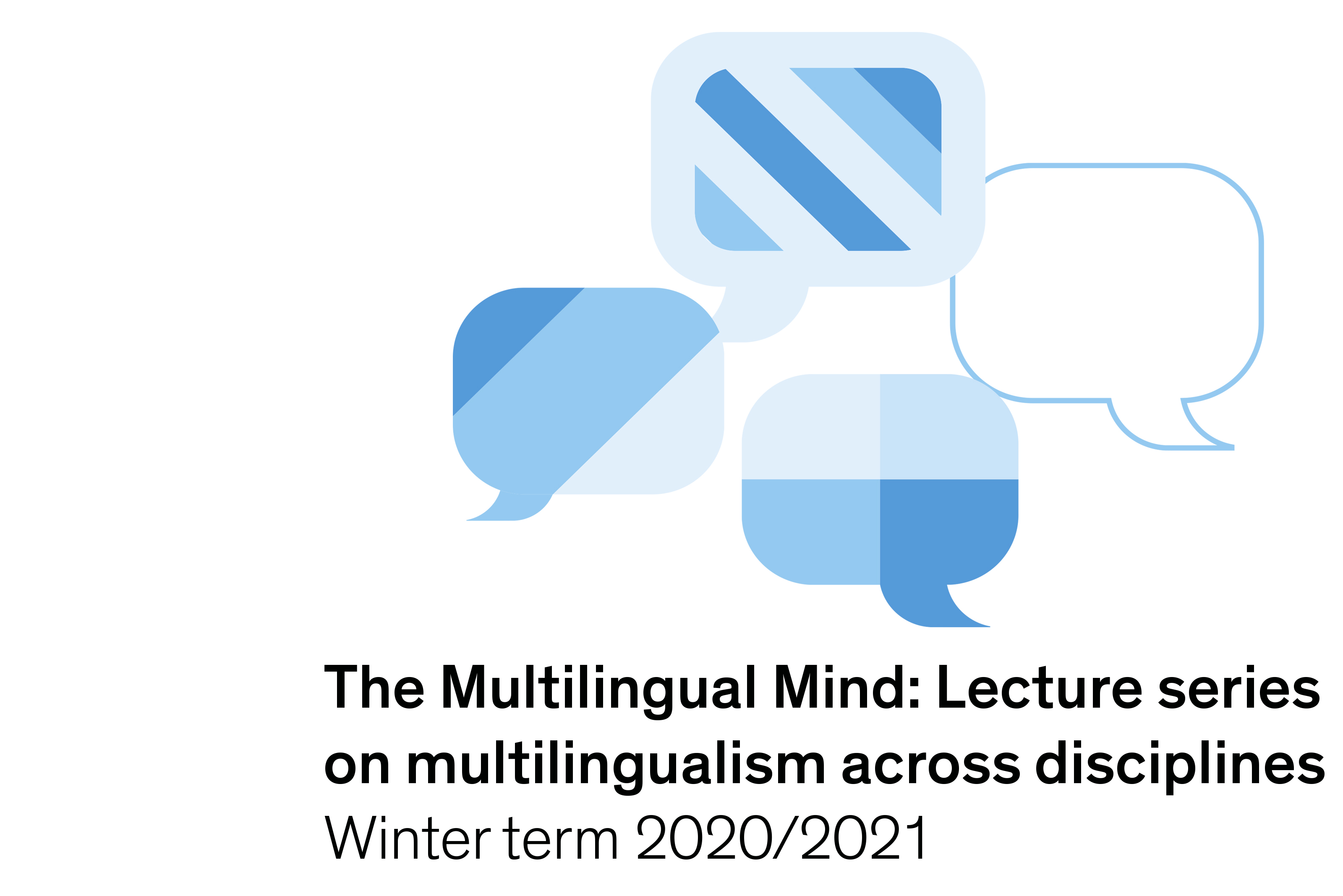
10.11.2020: Prof Jeanine Treffers-Daller (University of Reading): Explaining individual differences in Executive Functions performance in multilinguals: the impact of code-switching and alternating between Multicultural Identity Styles
Join our online lecture on the 10.11.2020 at 17.00 - 18.30 (CET/UTC+01).
Prof Jeanine Treffers-Daller (University of Reading): Explaining individual differences in Executive Functions performance in multilinguals: the impact of code-switching and alternating between Multicultural Identity Styles
The Multilingual Mind: lecture series on multilingualism across disciplines
10.11.2020
Tuesday, 17.00 - 18.30 (CET/UTC+01)
Zoom room: zoom.us/j/94531600895
Abstract
This study sheds new light on the relative impact of code-switching and culture on Executive Functions (EFs) in bilinguals. The evidence on the relative contribution of culture and bilingualism to executive functions is not well understood, because disentangling language, culture and immigration status is very difficult. The novelty of our approach was to keep the language pair and immigration status constant, whilst the cultural identity of participants was systematically varied, and measured at the individual level (not just at group level). Two groups of Turkish-English bilinguals, all adult immigrants to the UK, took part in the study, but one group (n = 29) originated from mainland Turkey and the other (n=28) from Cyprus. We found that the bilinguals experienced smaller Conflict Effects on a Flanker task measuring inhibition, by comparison with monolingual British participants (n= 30). The key variable explaining EF performance variance at the individual level was bilinguals’ Multicultural Identity Style. In particular those who indicated that they attempted to alternate between different British and Turkish (Cypriot) identity styles were found to have shorter RTs on incongruent trials of the Flanker task. The two multicultural identity variables together explained 32% in EFs (overall explained variance 49%). Thus, the data provide strong evidence for the impact of culture on EFs. We suggest that it is multiculturals’ daily practice in alternating between cultural frames (or mixing these) which gives them a training in context-sensitivity, and this gives them an advantage over monolinguals in a Flankers task. Our approach, which brings together models from cross-cultural psychology, bilingualism and executive functioning, illustrates the importance of theory building in which sociolinguistic and cultural variables are integrated into models of EFs.
